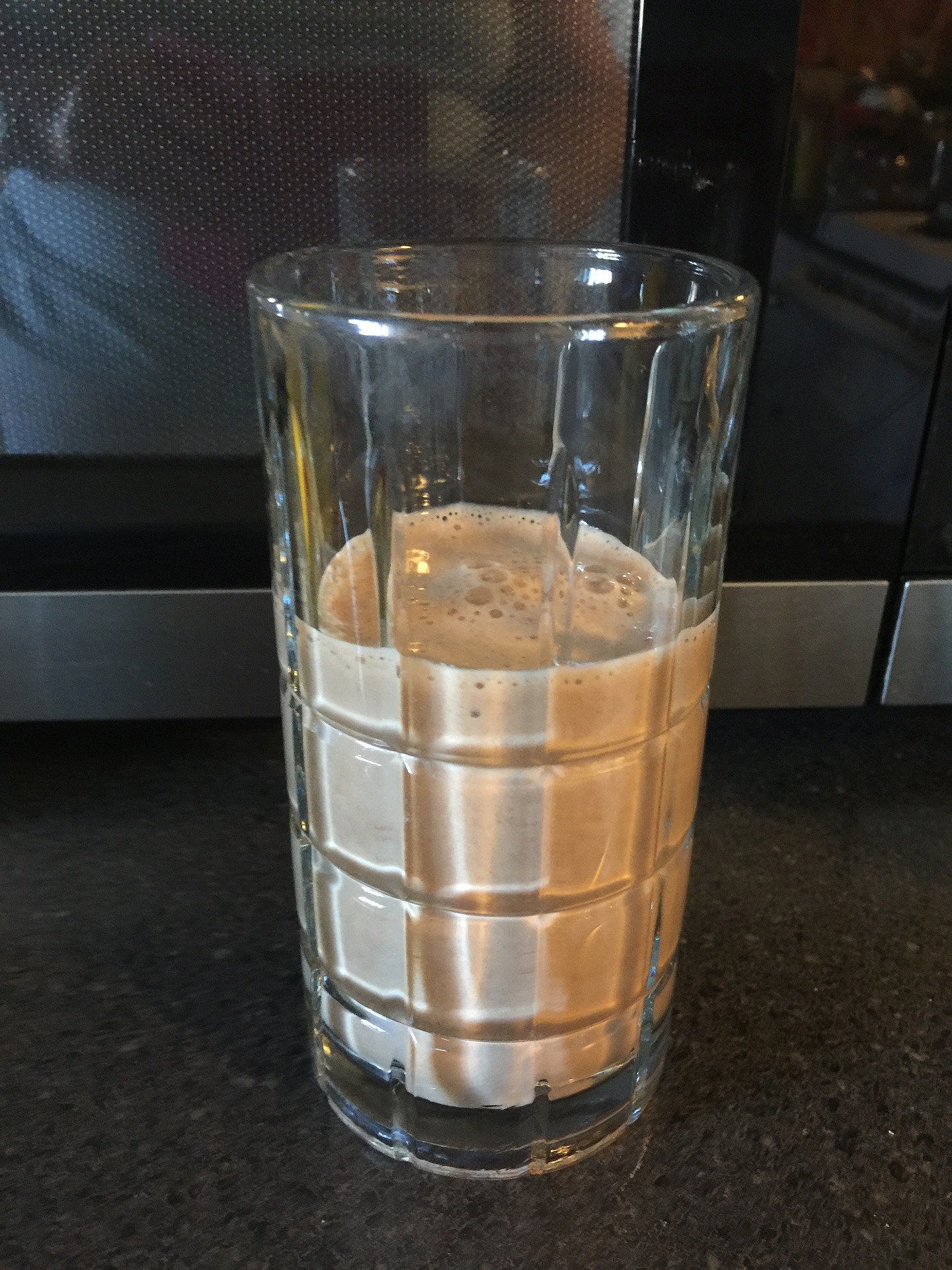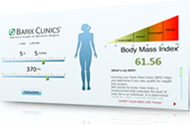Bariatric Liquid Diet: What You Need to Know
Once you head home for recovery, you’ll begin making the lifestyle changes needed to improve your health and lead to sustained weight loss.
At this point, protein will become the centerpiece of your meals. You will transition from clear liquids to a full liquid diet. This will be a dramatic change from how you’ve eaten in the past. You may be feeling uncertain, maybe even a little concerned, but having a plan in place prior to surgery can help you feel calm and prepared. Your body will be in the early stages of healing, so full liquids will be gentle on your digestive system, but can still provide vital nutrients for healing.
Here’s a description of the bariatric liquid diet with some tips to help you succeed at this stage.
Protein - the Center of a Healthy Diet
Protein will now be the focal point of each meal. You will have a daily target for how many grams of protein to eat. The bariatric recipes you use at this stage will provide a measured number of protein grams in each serving, coming from various sources including milk, yogurt and/or protein powder. Plant-based milk and protein powder substitutes can be recommended by a nutritionist who works with bariatric patients.
This is the beginning of learning a new, healthful way of eating. Meal planning from now on begins with choosing protein, then adding vegetables, fruits, and, yes, even some carbs to your plate.
Bariatric Liquid Diet - the Full Liquid Stage
The full liquid stage of your bariatric liquid diet lasts just a week. After that, you can add pureed foods to your diet.
During this stage, it is important to drink 64 oz. of liquid each day. The bulk of your nutrition will come from six small meals spread throughout the day—one meal about every 2-½ hours. Your liquid meals count toward meeting the liquid goal. Between meals you’ll sip the rest of your liquids.
Aimed at healing
You might be familiar with other liquid diets intended for weight loss, sometimes called meal replacement drinks. These diets are formulated to be nutrient dense by artificially packing a lot of nutrients in a small amount of liquid.
The bariatric liquid diet is different in three important ways. It’s designed to heal your body after surgery by focusing on nutrients that support healing. It slowly eases your digestive system back into digesting food with simple, easy-to-digest ingredients. And you’re learning a new approach to meal planning that you will use for the rest of your life.
Designed to be nutritious, tasty, and satisfying
 The six small meals each day are designed to provide you with needed protein and minimal sugar. This helps your body heal and keeps your blood sugar levels even. Sipping low- or no-calorie drinks throughout the day also helps your stomach heal and keeps you hydrated.
The six small meals each day are designed to provide you with needed protein and minimal sugar. This helps your body heal and keeps your blood sugar levels even. Sipping low- or no-calorie drinks throughout the day also helps your stomach heal and keeps you hydrated.
But this doesn’t mean that your meals and drinks have to be bland.
Flavor comes from ingredients like diluted unsweetened fruit juice, cocoa powder, and peanut butter. You can also have low-sugar strained soups, sugar-free Carnation Instant Breakfast drink, sugar-free pudding, sugar-free Jello, and sugar-free Cool Whip.
Drinking and sipping throughout the day not only keeps your body nourished, it also helps you feel full and satisfied.
Providing delicious bariatric recipes
Bariatric recipes are formulated to provide good flavor along with nutrition. They evoke familiar flavors that you already enjoy.
For example, there’s the Chocolate Peanut Butter Cup recipe that blends cocoa with peanut butter for a full-flavored treat. The Breakfast Boost brings to mind the smooth, sweet taste of a frozen cocktail without the alcohol. And the Strawberry Chocolate Cheesecake Ice Cream offers a creamy alternative to the sugar-laden original.
Skim milk (fat-free milk), protein powder and blended yogurt will be the base for your liquid meals, providing the protein your body needs to heal. These will be blended into smoothies with unsweetened juice, sugar-free fruit or peanut butter providing added flavor and nutrients.
For sipping you can drink sugar-free flavored drinks as long as they aren’t carbonated, alcoholic, or caffeinated. This includes broth, sugar-free Crystal Light, decaffeinated tea or coffee, and water-diluted unsweetened juice. Ice chips or sugar-free popsicles are also okay.
4 Key Preparations Before Surgery
Take time to prepare in advance. This will build your confidence and help your post-op healing routine go more smoothly.
Review your bariatric liquid diet plan in detail
Go over your full liquid diet with your nutritionist. Read through the bariatric liquid diet recipes. Ask any questions you have like: “Can frozen fruit be used in place of fresh fruit in the protein shake recipes?”, “What should I do if I miss a mealtime?” or “What plant-based products are good substitutes for milk and whey-based protein powders?”
Give it a try beforehand
Write out a meal plan for a day or two, including what you will eat and when. Go grocery shopping for ingredients. Make and taste a few bariatric liquid diet recipes and decide which ones you like best.
“I would recommend experimenting with the liquid diet prior to surgery to find a protein drink you enjoy and looking for acceptable ‘liquid’ foods.” Chris C., Gastric Bypass Patient
Gather or buy any supplies you’ll need
 Covered, insulated sipping cups (without straws) will make it easier to keep sipping through the day. Choose a cup design that gives you joy and/or offers encouragement. Covered containers will be useful for storing pre-made protein shakes and sipping drinks. And a cooler with serving-size containers will make it easy to take your meals with you when you go out.
Covered, insulated sipping cups (without straws) will make it easier to keep sipping through the day. Choose a cup design that gives you joy and/or offers encouragement. Covered containers will be useful for storing pre-made protein shakes and sipping drinks. And a cooler with serving-size containers will make it easy to take your meals with you when you go out.
Talk with your friends and family about your recovery
Once you’re home, your friends and family will be your first line of support. Let them know your post-op healing routine. Answer their questions honestly, even if the answer is “I don’t know.” Contact your doctor or nutritionist to answer any questions you can’t. Tell your friends and family how they can help you while you’re recovering.
With your bariatric liquid diet, you are learning how to take care of the new you. It’s the beginning of a whole new way of life that will ensure your continued health. Preparing for these changes before surgery sets you up for success.
NOTE: The particular timeframes and ingredients mentioned in this article are generally correct. However, your specific healing plan may vary. Always consult with your nutritionist when you have questions or concerns or before making any changes to your post-op routine.






